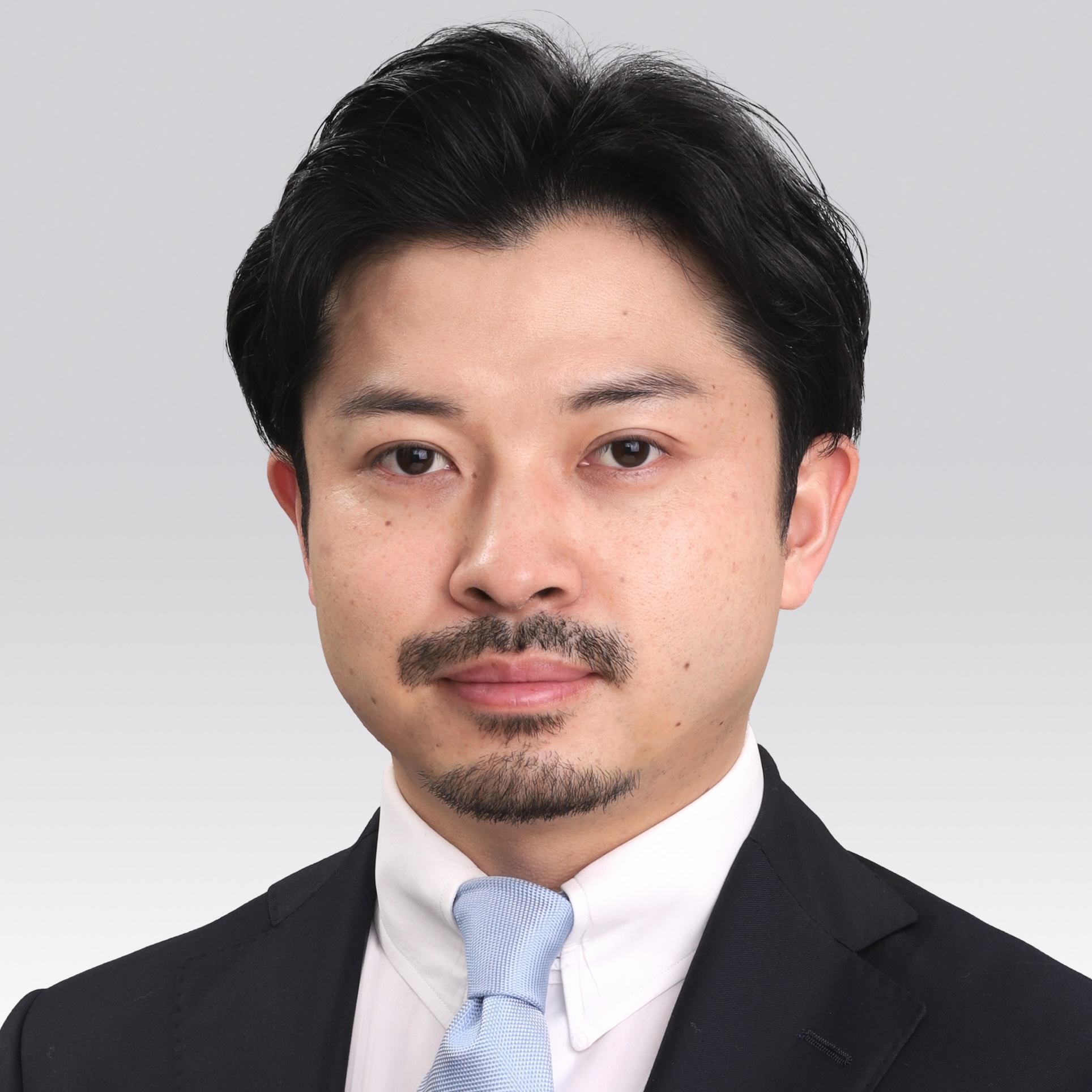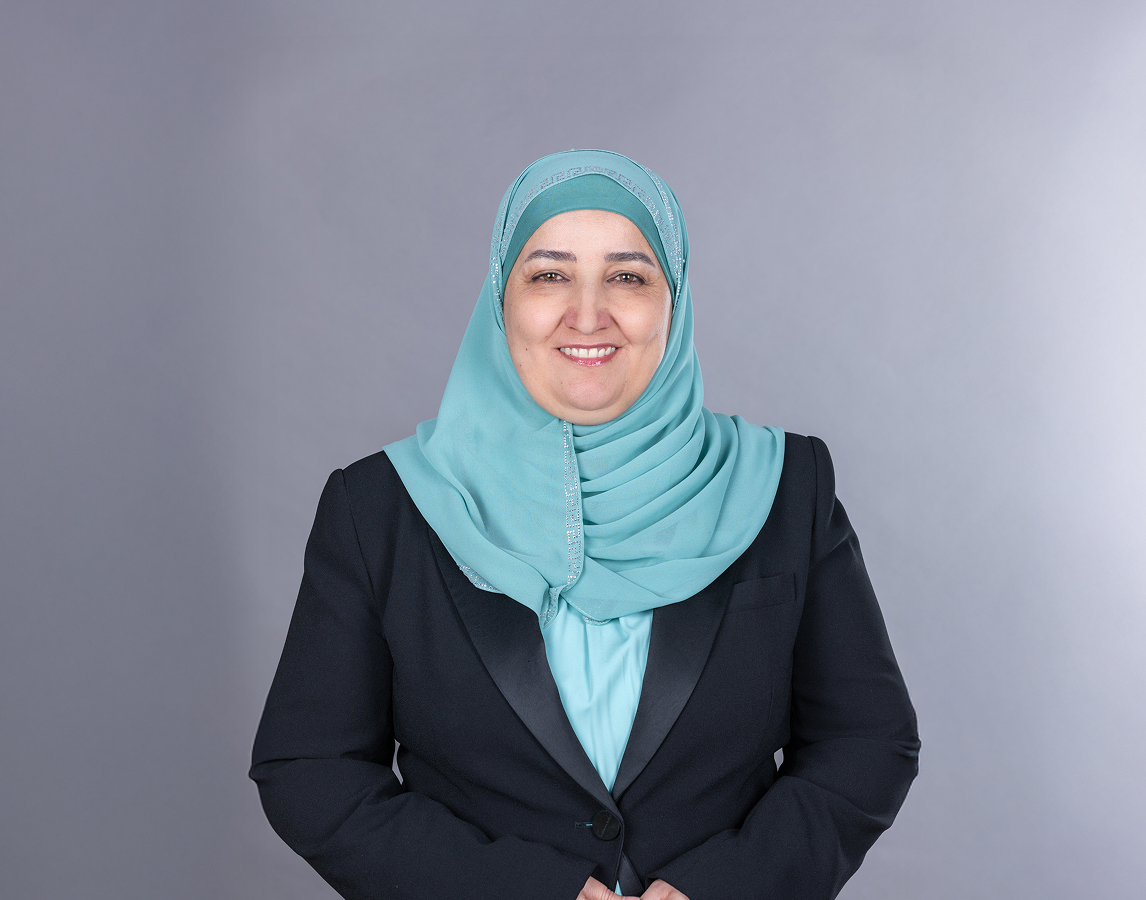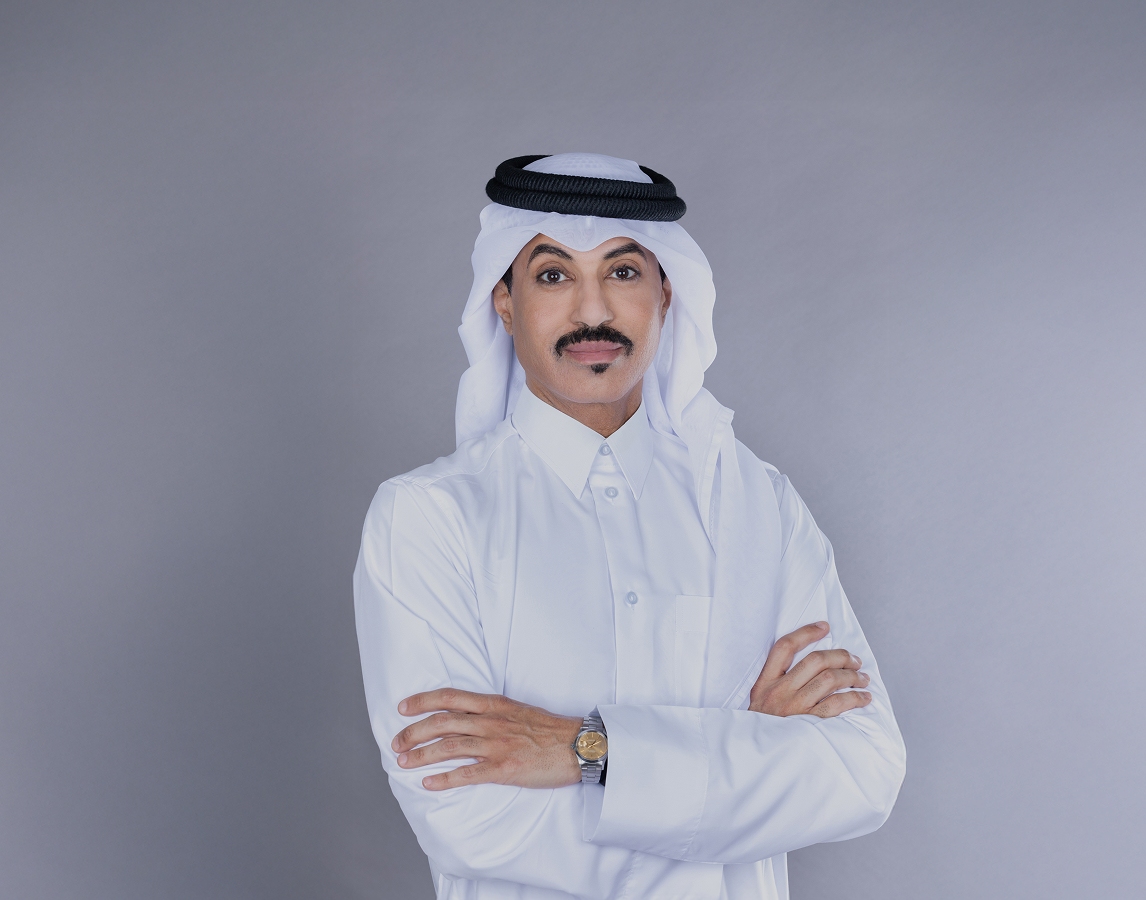Building Bridges for Global Health: The WISH–University of Tokyo Partnership

Koki Shigenoi, Visiting Researcher, The University of Tokyo
It was the spring of 2018 when I first set foot in Doha, carried by a sense of extraordinary anticipation for what international partnerships and shared ambitions in global health might achieve. Beneath the high sky and searing heat, I entered Education City, the beating heart of Qatar Foundation and its constellation of academic institutions, a place where culture and innovation intersect. In that expansive landscape, shaped by renowned Japanese architects and resonant with cross-cultural threads, I sensed the beginnings of an intricate and collaborative journey linking Qatar and Japan.
During my initial months in Qatar, I was welcomed by colleagues at Hamad Bin Khalifa University and the Al Jazeera Centre for Studies. The experience was formative, even as my contributions were limited by language and circumstance. The warmth I received stayed with me over the intervening years as I returned to Japan and found myself immersed in government work and academic circles, witnessing Japan pivot toward Indo-Pacific interests and economic security just as the world was swept by the COVID-19 pandemic. As I reflected on these seismic changes, I increasingly appreciated the role of universities and international alliances in addressing global health threats and advancing public well-being.
A true turning point arrived with Russia’s invasion of Ukraine. In Japan, the crisis triggered a heightened resolve to support the principles of law and international order, and with it came opportunities for researchers to bring new perspectives to urgent global challenges. Among them was Crisis VR—a creative system developed by University of Tokyo engineers and scholars that allowed users to visualize and experience war damage in Ukraine through immersive technology. The power of such tools to document crises and inform public understanding soon led me to reach out to Shohei Komatsu and his advisor, Professor Hidenori Watanave, whose work underpinned the 3D digital archives that powered Crisis VR. Together, we discussed the profound relevance of these technologies for the Middle East and began exploring how they might be shared with partners in Qatar.
This rekindled a connection with Hamad Bin Khalifa University and Al Jazeera, both of which welcomed our project for its innovative use of advanced technology. In March 2024, traveling to Doha with VR equipment and a spirit of collaboration, we presented our project at various venues and eventually secured an agreement with Al Jazeera to co-create VR models based on original field data from journalists working in Gaza. These efforts were only possible through trusted partnerships, with Al Jazeera, UNRWA, the ICRC, and others, institutions that allowed us to combine analytical strengths with globally-sourced knowledge. By 2025, our network expanded further through initiatives like Fighting Erasure, which comprehensively documents attacks in Palestine and Lebanon, culminating in a symposium in Tokyo to exchange ideas on the preservation and presentation of wartime evidence.
Shortly after, guided by introductions from the Japanese Embassy in Doha, our team was invited to connect with the Qatar Foundation’s WISH program ahead of Expo 2025 Osaka. What started as a casual invitation for a side event became a gateway into deeper cooperation, leading us to propose collaborative projects that leveraged the University of Tokyo’s broad expertise, particularly in the fields of medicine, advanced science, and technology, and bringing together Qatari and Japanese researchers around shared objectives.
Today, the partnership between Qatar Foundation’s WISH and the University of Tokyo stands on the foundation of multiple intersecting stories. What began as the work of a single research laboratory is now rapidly expanding to engage top scientists and thought leaders across health emergencies, climate resilience, and the communication of critical health information. It is no longer merely the story of individual researchers, but rather the story of two institutions joining forces to address some of the world’s most urgent public health challenges.
As recent world events have made clear, health emergencies and the targeting of health systems in conflict zones demand decisive international responses. The collaboration draws on the University of Tokyo’s robust research in disaster risk management and WISH’s global convening power to strengthen preparedness and informed policymaking for crises ranging from pandemics to wars. At the same time, climate change continues to escalate the challenges faced by health systems everywhere. By pooling resources and expertise, our partnership is developing new frameworks for adaptation, shaping evidence-based approaches for a resilient future. Equally vital is our commitment to health communication. In an era where disinformation threatens public trust and clarity, our teams are pioneering innovative models for transparent, equitable, and effective dissemination of health knowledge, harnessing the strengths of both institutions to empower communities and policymakers.
Amid ongoing violence in Palestine, unresolved wars in Sudan and Myanmar, and the increasingly sophisticated use of social media for deception, the partnership faces complex realities. Our collaboration is focused on documenting facts with integrity, fighting distortions in the information space, and giving voice to narratives grounded in expertise. In this way, the alliance between WISH and the University of Tokyo emerges not only as a dynamic force for advancing global health and resilience but also as a beacon for international cooperation.
Guided by invisible connections—what Japanese tradition calls en, or fate—and anchored in mutual respect, our collective hope is to make a meaningful contribution to peace, justice, and human dignity. Through the convergence of academic rigor and trusted alliances, the partnership between Qatar Foundation WISH and the University of Tokyo now offers tangible pathways for improving lives and safeguarding future generations.



